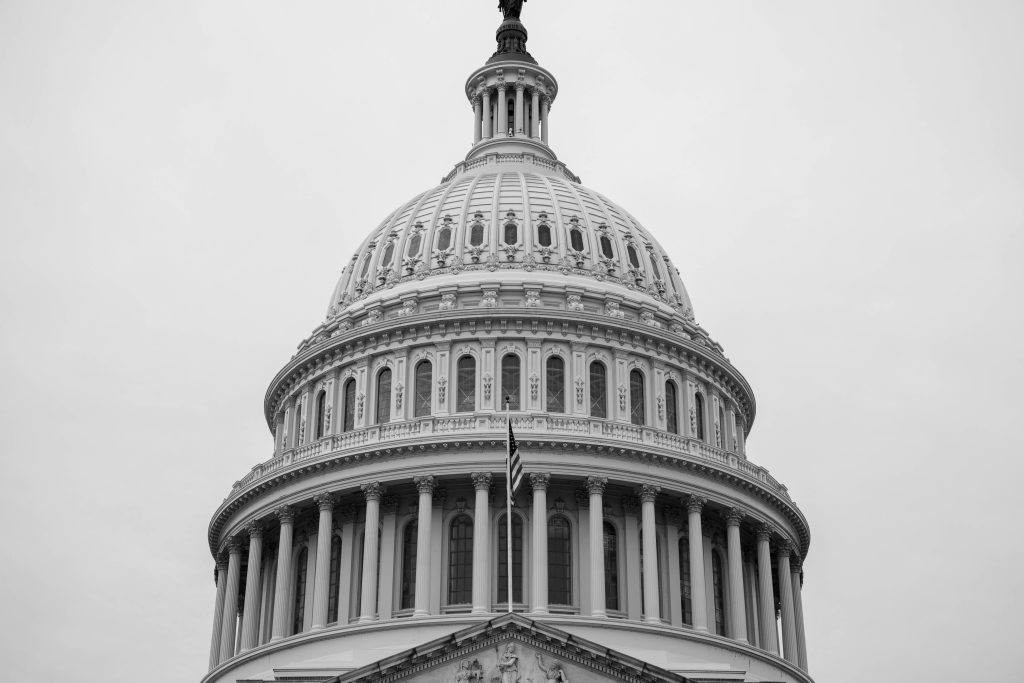Artificial Intelligence (AI) holds immense potential for various sectors, however, there are legitimate concerns about its potential harms to a nation like the United States. One of the primary risks lies in the displacement of jobs, as AI and automation technologies can replace human labor in various industries. Additionally, AI-powered cyberattacks pose a significant threat to national security, with potential consequences ranging from data breaches to the disruption of critical infrastructure. There are also ethical concerns surrounding AI, including the potential for biased decision-making algorithms that perpetuate discrimination and exacerbate social divisions. Safeguarding against these risks requires careful regulation, ethical guidelines, and proactive measures to ensure the responsible development and deployment of AI technologies.
Google CEO Sundar Pichai & Microsoft CEO Satya Nadella were also present
During a meeting held at the White House, prominent tech executives were called upon to take responsibility for safeguarding the public from the potential risks associated with Artificial Intelligence (AI). The gathering included Sundar Pichai from Google, Satya Nadella representing Microsoft, and Sam Altman, the CEO of OpenAI. They were reminded of their “moral” duty to protect society and were warned that the government might consider implementing further regulations in the AI sector.

The recent introduction of cutting-edge AI products like ChatGPT and Bard has created turmoil in the tech space, since everyone can leverage the technology to make their lives easier. These advanced systems possess the remarkable ability to rapidly summarize information from diverse sources, debug computer code, and even generate presentations and poetry that convincingly mimic human creation. The rollout of these products has reignited debates surrounding the societal implications of AI, effectively illustrating both the potential rewards and risks associated with this emerging technology.
While gathered at the White House, technology executives were strongly urged to prioritize the safety and security of their AI offerings. The government emphasized its openness to exploring new regulatory measures and legislation pertaining to artificial intelligence. Notably, Sam Altman of OpenAI expressed surprise at the degree of consensus among executives regarding the necessary steps for effective regulation.
In a subsequent statement, Vice President Kamala Harris acknowledged the transformative potential of AI to enhance lives but also expressed concerns about the safety, privacy, and civil rights risks it poses. Harris emphasized that the private sector has an ethical, moral, and legal responsibility to ensure the safety and security of their AI products.
The White House further announced a substantial $140 million investment from the National Science Foundation, intended to establish seven new AI research institutes and foster advancements in the field.
The calls for increased regulation within the rapidly evolving AI landscape have been amplified by influential figures, including Geoffrey Hinton, often regarded as the “godfather” of AI. Recent voices such as Elon Musk and Steve Wozniak have advocated for temporary pauses in AI development, while Lina Khan, the head of the Federal Trade Commission (FTC), has been vocal about the necessity of comprehensive AI regulation.
Concerns regarding AI technology encompass potential job displacement, the dissemination of misinformation resulting from inaccuracies in chatbot responses, issues related to copyright infringement arising from generative AI, as well as the amplified risk of fraud facilitated by voice cloning and AI-generated videos. Striking the right balance between innovation and regulation will be crucial as policymakers, industry leaders, and society at large navigate the complex landscape of AI’s future.
RELATED:
- X.AI Corp is Elon Musk’s New Artificial Intelligence Company
- Bill Gates Warns: AI is Changing the Way We Use the Internet and Could Destroy Google and Amazon
- Best Gaming Controllers of 2023: Enhance Your Gaming Experience
(Via)







